Off-road Shock Absorber: A Key Component for Enhancing the Extreme Driving Experience
 2025.11.08
2025.11.08
 Industry News
Industry News
Off-road driving is an extremely challenging driving style. Facing complex and varied terrain, vehicle performance depends not only on the powertrain but also inextricably linked to the suspension system. Within the suspension system, the off-road shock absorber, as a core component, directly impacts vehicle stability, comfort, and handling.
The Core Function of an Off-road Shock Absorber: The primary function of an off-road shock absorber is to control the movement of the suspension system, effectively mitigating the impact force between the tires and the ground, thereby protecting the vehicle structure and occupant safety. When driving on rough roads, vehicle tires frequently encounter uneven surfaces. Without the intervention of high-performance shock absorbers, the vehicle body will experience severe vibrations, leading to loss of tire traction, loss of vehicle control, and reduced driving comfort. Therefore, off-road shock absorbers are not only a guarantee of comfort but also a core factor in driving safety.
Unlike shock absorbers used in ordinary road vehicles, off-road shock absorbers need to withstand greater impact forces and more complex movement patterns. Its design requires stability under high-intensity impacts while providing balanced damping control in continuous bumpy environments, ensuring optimal ground grip and handling response for the vehicle.
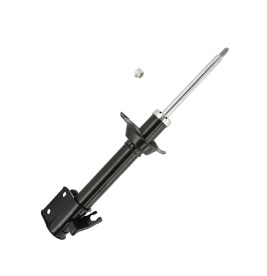
Structure and Working Principle Analysis: Off-road shock absorbers typically consist of a cylinder, piston, hydraulic oil, and either gas or springs. During operation, when the vehicle tires encounter road impacts, the suspension system moves up and down. The piston pushes the hydraulic oil within the cylinder, generating damping force. The magnitude of the damping force depends on the hydraulic oil flow rate and valve design. By adjusting the damping characteristics, precise control of vehicle vibrations can be achieved.
Modern high-performance off-road shock absorbers mostly employ twin-tube or monotube designs. Monotube structures maintain excellent heat dissipation under high-intensity conditions, making them suitable for extended off-road driving. Twin-tube structures are known for their stability and durability, capable of withstanding greater impacts and providing a smoother ride.
Materials and Durability Requirements: Off-road shock absorbers operate in extremely harsh environments, enduring continuous impacts, as well as the corrosive effects of mud, dust, water, and extreme temperatures. Therefore, the choice of shock absorber materials is crucial. The cylinder block is typically made of high-strength steel or aluminum alloy to balance strength and weight. The piston rod surface needs to be chrome-plated or nitrided to improve wear resistance and corrosion resistance. Seals and cushioning materials use high-temperature resistant and wear-resistant polymer materials to ensure reliability during long-term use.
Durability design involves not only material selection but also internal structural optimization. Precision machining of piston valves, a rational layout of the oil circuit, and proper matching of the cushioning system all directly affect the stability and service life of the shock absorber in extreme environments. High-performance off-road shock absorbers can maintain stable performance after tens of thousands of impact cycles, ensuring the long-term adventure of off-road vehicles.
Performance Optimization and Tuning Technology
In off-road driving, the performance of the shock absorbers directly affects vehicle handling. Performance optimization depends not only on hardware design but also on tuning technology. The design of the damping force curve determines the vehicle's response at different speeds and impacts. High-end off-road shock absorbers feature different damping designs for the front and rear suspensions to achieve the optimal balance between vehicle attitude control and tire grip.
Adjustable off-road shock absorbers allow drivers to manually or electronically adjust them to adapt to diverse terrains, from sand and mud to rocks. The precision of the adjustment directly affects the vehicle's stability and handling in extreme conditions. Through precise matching of damping characteristics, rebound speed, and compression speed, off-road shock absorbers can provide ample ground feedback and handling signals while ensuring comfort.
Application of Off-Road Shock Absorbers in Modern Off-Road Vehicles
As off-road enthusiasts demand higher vehicle performance, off-road shock absorber technology is constantly evolving. From traditional mechanical shock absorbers to modern electronically controlled shock absorbers, the level of intelligence in off-road shock absorbers has significantly improved. Electronic shock absorbers can sense road conditions and driving behavior in real time, automatically adjusting damping through electronic control valves to achieve optimal suspension response. This technology not only enhances the driving experience but also significantly improves the safety of off-road driving.
Off-road racing and adventure activities place extremely high demands on shock absorber performance, prompting manufacturers to continuously explore new materials, structures, and processes. In design, balancing lightweight, durability, and damping performance has become a core objective of research and development. Modern off-road shock absorbers are not only a reflection of a vehicle's core performance but also a symbol of the brand's technological strength.

As an indispensable core component of off-road vehicles, the performance of off-road shock absorbers determines the vehicle's safety, handling, and comfort in complex terrain. Through comprehensive optimization of structural design, material selection, tuning technology, and intelligent control, modern off-road shock absorbers can now meet diverse needs from everyday off-roading to extreme adventures.
In the future, with the continuous advancement of materials science and electronic control technology, off-road shock absorbers will become lighter, more efficient, and more intelligent. The combination of intelligent sensors and active control systems will enable vehicles to respond to changes in road conditions in real time, improving driving safety and off-road performance. For off-road enthusiasts, high-performance off-road shock absorbers are not only a guarantee for exploring unknown road conditions but also an important prerequisite for enjoying the thrill of extreme driving.
 EN
EN  English
English Español
Español


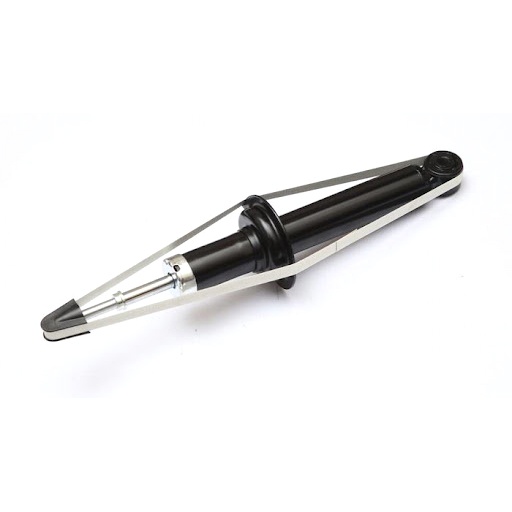
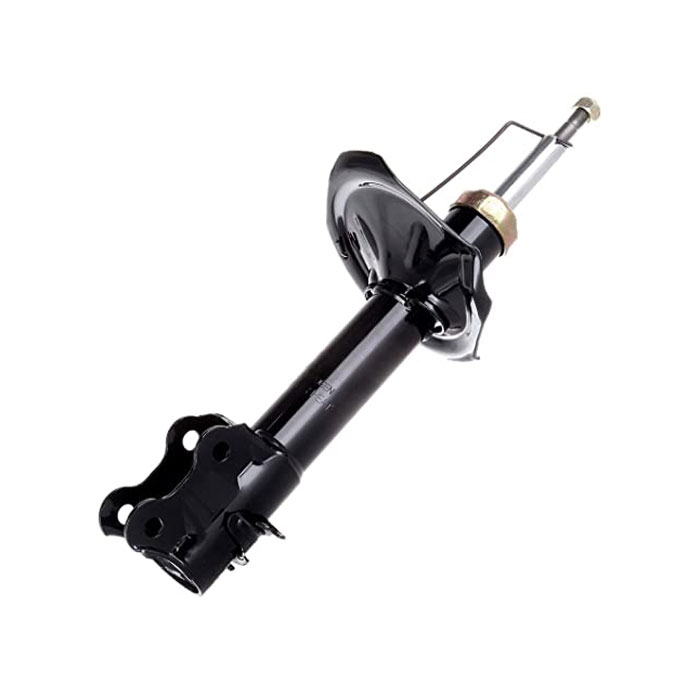
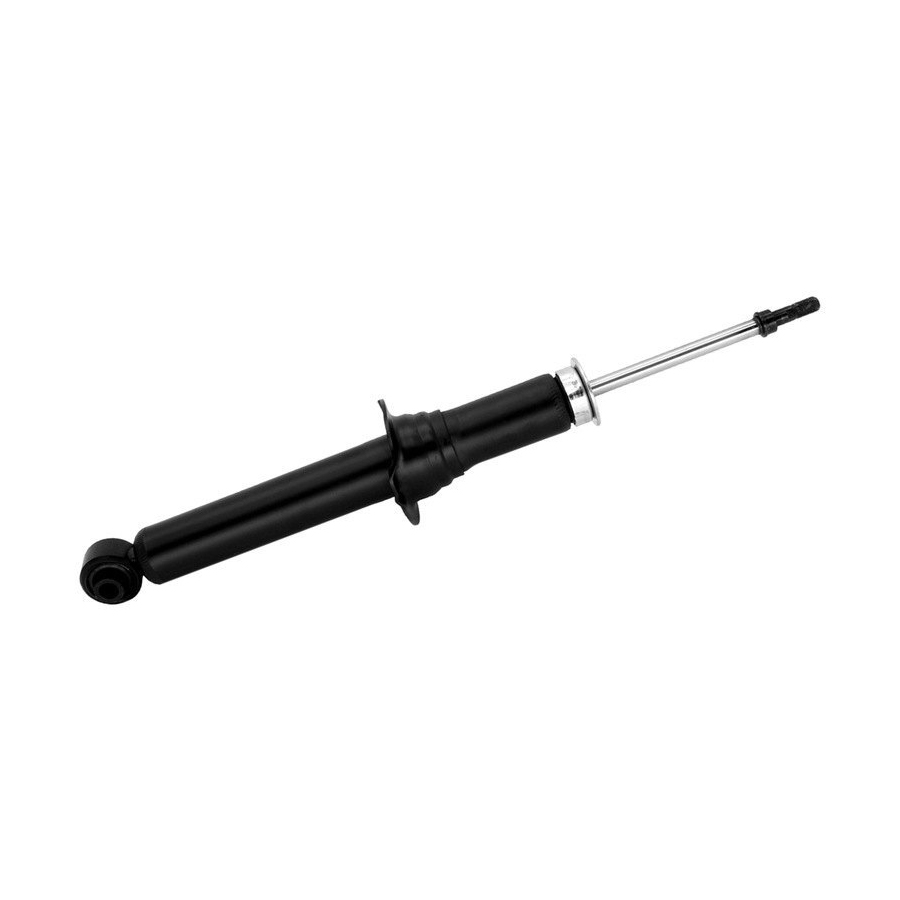
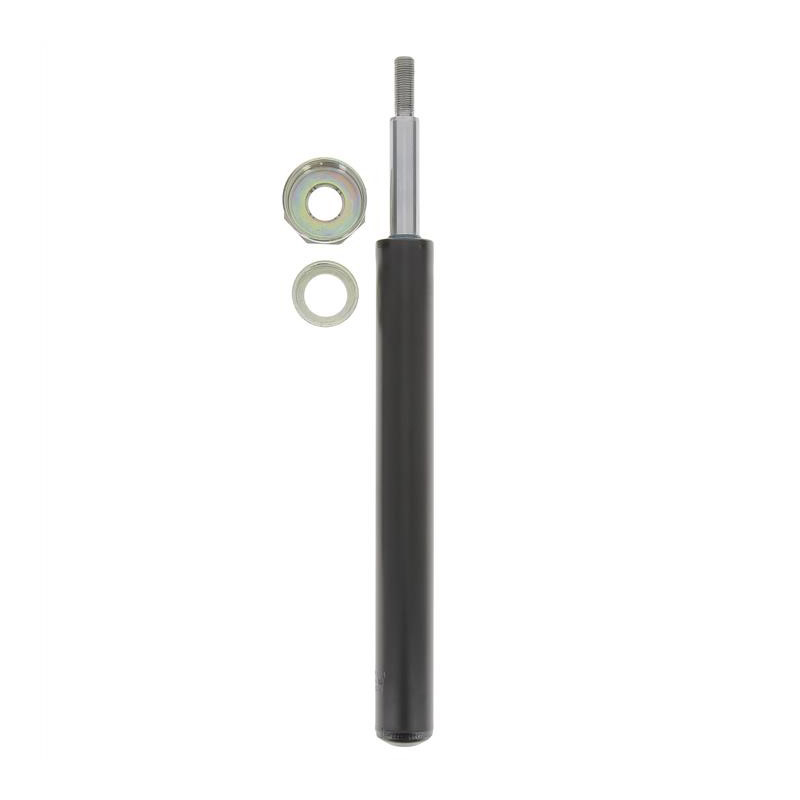
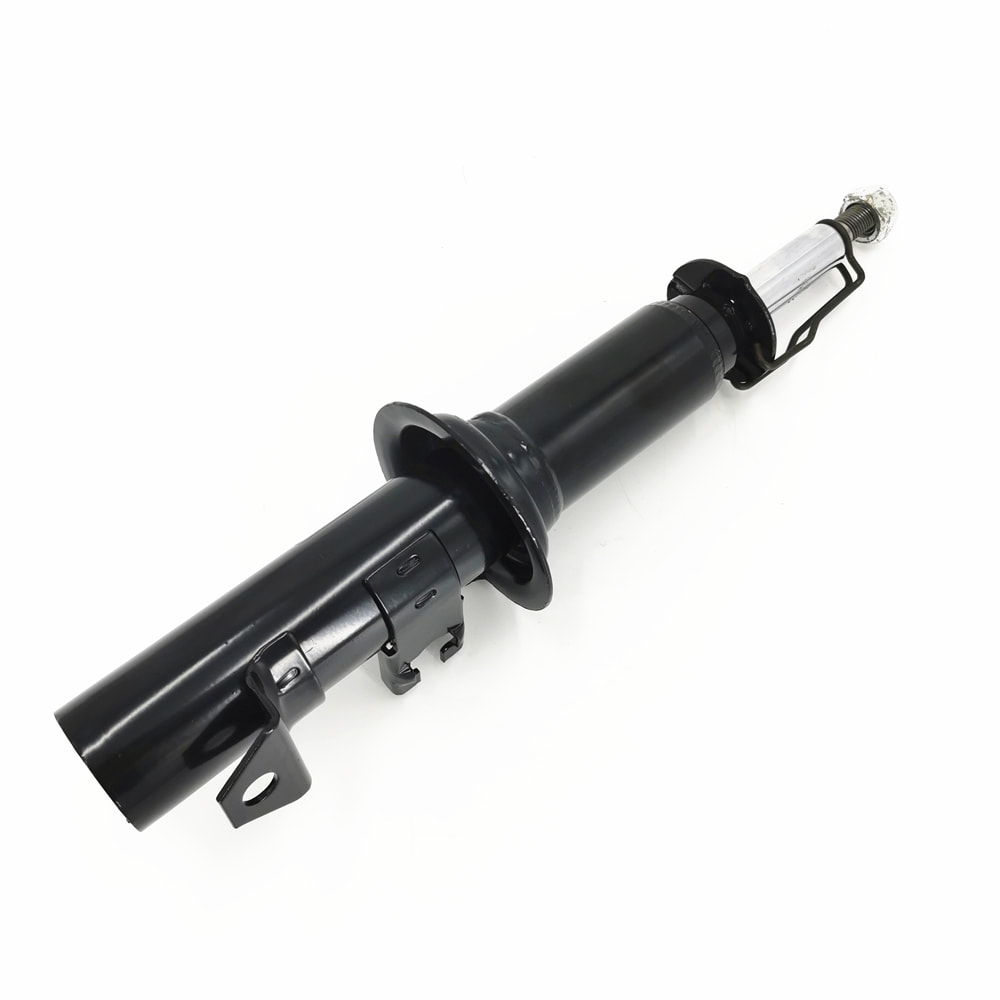
 +86-13757453333
+86-13757453333  +86-572-8355557
+86-572-8355557  Caroline@gerep.cn
Caroline@gerep.cn  No. 36, South Zhenxing Rd., Zhongguan Town, Deqing County, Huzhou, Zhejiang, China
No. 36, South Zhenxing Rd., Zhongguan Town, Deqing County, Huzhou, Zhejiang, China 